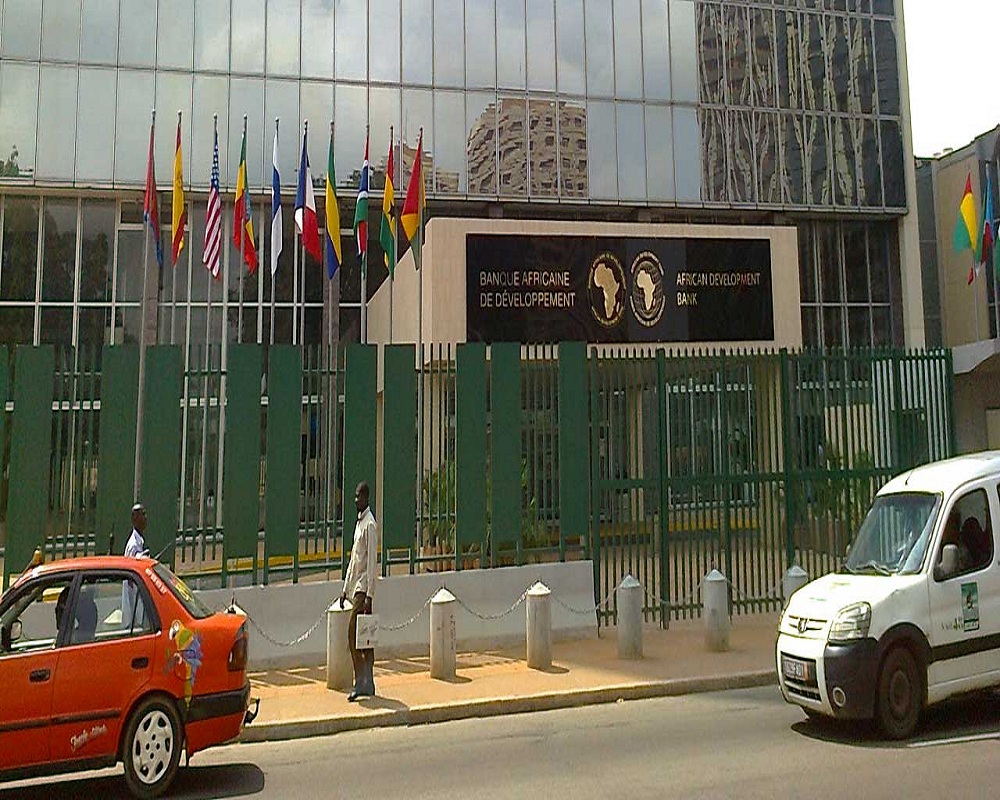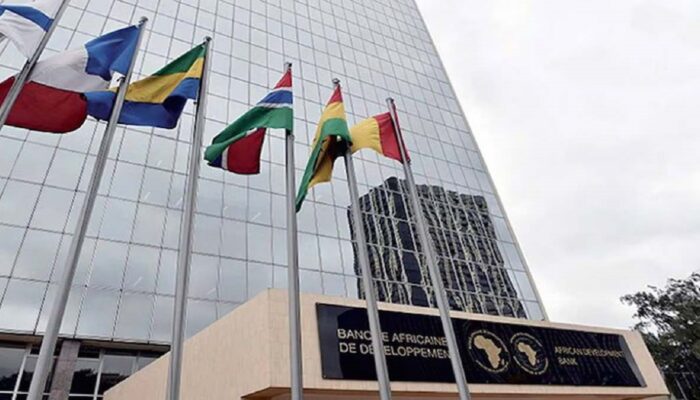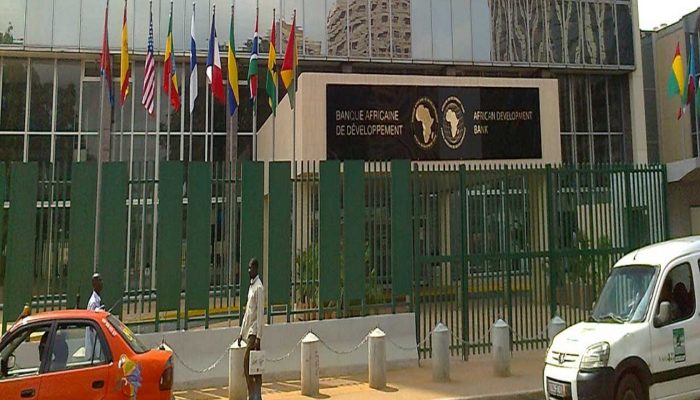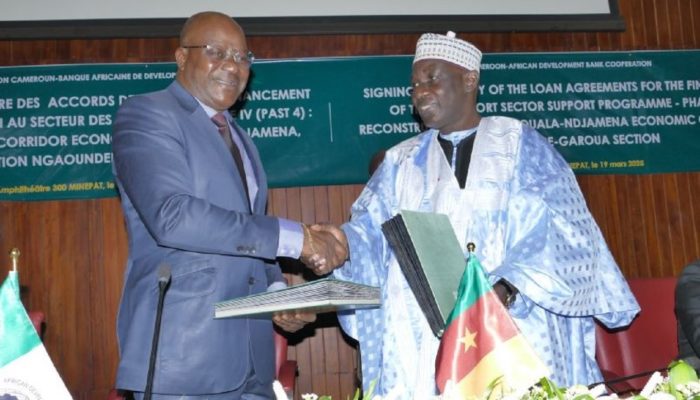The pan-African financial institution has announced its strong will to intervene through several initiatives aimed at ultimately reducing the burden of climate spending in the region. It is now established that African states spend up to 10% of their budgets on climate spending.
The African Development Bank (AfDB) has just made a commitment to help African countries reduce the burden of climate spending. Each year, they eat up to 10% of their budgets. To face the climate emergency, many African states ultimately decide to transfer resources intended to finance development sectors, including health, education and infrastructure, into climate resilience adaptation actions.

Indeed, for several years, the African continent has been regularly affected by cyclones, floods and other droughts. “The countries in difficulty are also the states most vulnerable to climate change, we seek to prevent climate spending from affecting their socio-economic development,” said the head of the climate and green growth division, Al-Hamadou Dorsouma.
The decision to financially support African states is not an isolated fact in AfDB policy. Starting from just 9% in 2016, its share of climate finance has gradually increased to 28% in 2017 and 32% in 2018.
Last year, in 2019, it reached 36% volume, or nearly 3.6 billion US dollars. This money comes mainly from its own resources and global climate finance. On this last point, the AfDB also notes that the unwavering support of African states gives it real ease in accessing these public and private resources estimated at hundreds of billions of US dollars each year.
“Without being able to meet the many conditionalities for access to climate funds, Africa, the least polluting but most vulnerable region, only benefits from 4% of global climate finance.” To accelerate climate adaptation and resilience actions, the AfDB plans to devote US $ 25 billion by 2025, including US $ 12.5 billion in equity.
Al-Hamadou Dorsouma calls on African states to accredit their respective institutions to these funds. They will therefore have to ensure that they meet their criteria in terms of transparency and traceability. “We actively support the efforts of African states to meet these conditionalities.”
As a reminder, since 1992, the DRC has been one of the 185 countries that are part of the United Nations Framework Convention on Climate Change. We will come back to that.





